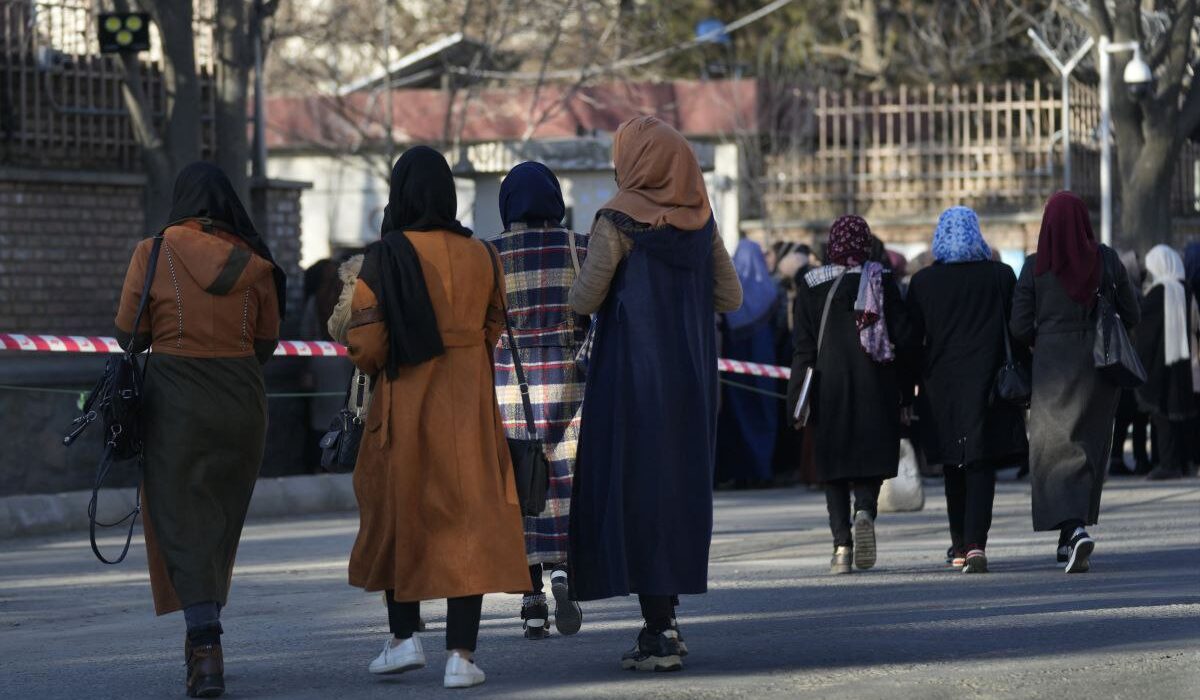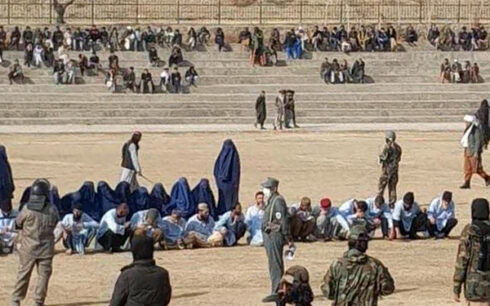WASHINGTON — More than 200 Afghan women enrolled in a U.S.-backed scholarship program have been left in limbo after the United States Agency for International Development (USAID) abruptly terminated funding earlier this month, according to a report by NPR.
The program, which supported 208 female students from Afghanistan studying through the American University of Afghanistan (AUAF), was discontinued on April 5 in a notification sent by Jeremy Lewin, deputy administrator at USAID, NPR reported.
The decision was part of a wider series of funding terminations announced that day, amid what the report described as a dramatically scaled-back USAID operation.
Established in 2018, the scholarship was supported through a rare $50 million endowment granted by USAID to the Texas A&M University Foundation. The funds were used to create and manage the Women’s Scholarship Endowment (WSE), which officials say was the first such endowment awarded by USAID in nearly four decades.
“We are an endowment — the first endowment that USAID awarded in nearly 40 years,” one official associated with the program told NPR, speaking on condition of anonymity. “It’s in an investment pool, and the program itself runs only on the interest generated from that $50 million, which remains intact. We haven’t even touched it.”
The endowment supported Afghan women pursuing degrees in STEM fields — science, technology, engineering and mathematics — at AUAF, a private, U.S.-accredited university founded in Kabul in 2006. Since the Taliban takeover in 2021, the university has relocated part of its campus to Qatar and launched online learning programs to serve students still in Afghanistan.
According to the report, the scholarship allowed 120 female students to relocate to Oman and Qatar to pursue in-person education, with tuition and living expenses covered.
The funding cut comes amid ongoing restrictions on women’s education in Afghanistan. In December 2022, the Taliban barred women from attending universities, extending earlier bans that already prevented girls from attending secondary school beyond the sixth grade.
The fate of the students affected by the scholarship termination remains unclear. Advocacy groups and educators have expressed concern that the loss of support will disrupt the lives and academic progress of hundreds of young Afghan women who have already been displaced by conflict and targeted by gender-based educational bans.
USAID has not publicly commented on the decision to end the program.





